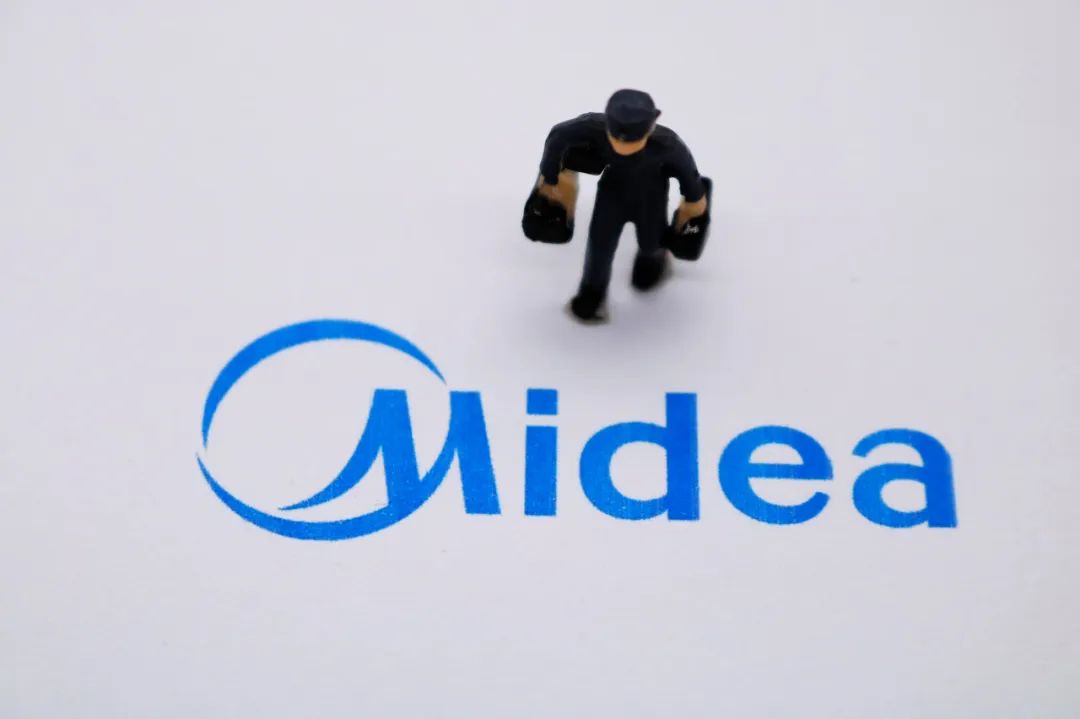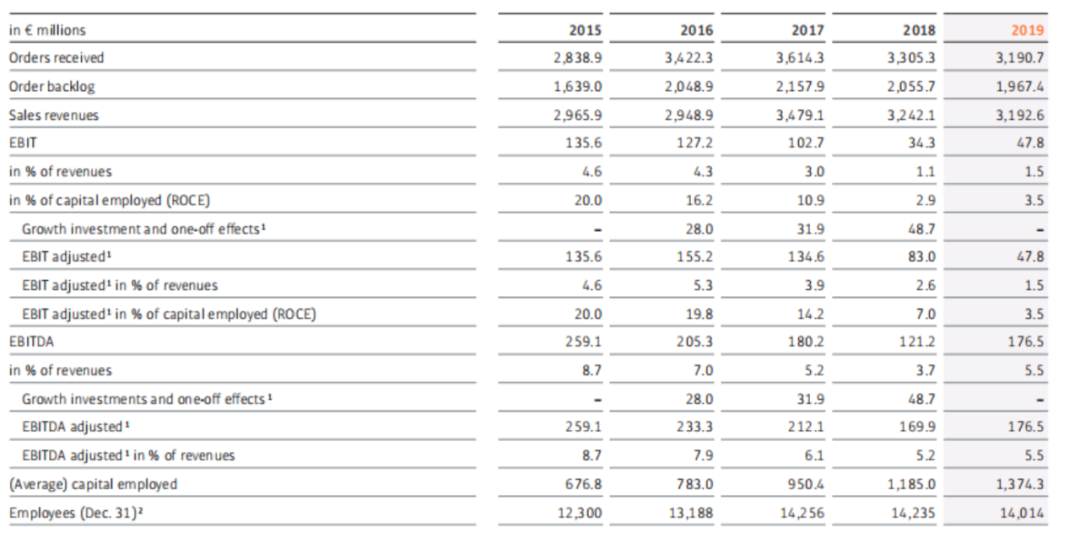Three years after the acquisition of Kuka, Midea was once again on the cusp.
Editor’s note: This article comes from the WeChat public account “ID: China-Venture” , author: Feng Ying star.

Before the acquisition of Kuka, Midea signed an agreement with Kuka to ensure that it will not cause the number of employees to change, close the base and any relocation actions, and will not seek Kuka delisting.
Three years after acquiring KUKA, Midea was once again on the cusp.
In January 2017, the ups and downs of the global acquisition of the German Kuka was finally settled. This marriage was once called the marriage of the European noble lady. However, three years after the completion of the acquisition, KUKA’s performance fell all the way, and it was hailed by the media as “nightmare” and “hit evil”. Because it occupies an important position in Midea Group’s financial report, Midea will also face the impact of tens of billions of goodwill or damage.
Before the acquisition of Kuka, Midea signed an agreement with Kuka to ensure that it will not cause the number of employees to change, close the base and any relocation actions, and will not seek Kuka delisting. Today, the United States is bursting with 30% of the salary of executives. Is the leading Chinese home appliance company really full of wind?
The beginning and end of the acquisition
The acquisition of KUKA was negotiated in 2016, and the deal even received the attention and positive response of German Chancellor Angela Merkel.
This is a company established in 1989. It is one of the world’s leading manufacturers of industrial robots. It is listed with FANUC, Yaskawa, and ABB as the world’s four largest industrial robot companies. According to 2019 data, in the global industrial robot market share, FANUC has a 17% market share, ABB has an 11% market share, and Yaskawa and KUKA have a 9% market share.
On the technical level, KUKA’s patent is quite dazzling. According to data published by KUKA Robotics, KUKA has more than 4,000 related patent technologies in the world, of which about 150 patents are commonly used in China, the United States, Japan, Europe and South Korea. In the video of a Tesla factory that was rumored online, a large number of robots polished the scene of manufacturing cars, and industrial robots made by KUKA were used.
It is such a veteran European industrial robot company that has been favored by the Chinese white power industry giant Midea. In the announcement of the acquisition of KUKA’s equity at that time, Midea had given 4 reasons for the acquisition:
1. In-depth and comprehensive layout of the robot industry, and the KUKA Group will jointly explore the vast Chinese robot market;
2. KUKA will help Midea further upgrade its manufacturing and system automation and become a model of advanced production in China’s manufacturing industry. The cooperation between the company and KUKA will promote the promotion of industry-leading automated manufacturing solutions to general industrial enterprises across the country and expand the B2B industrial space.
3. Midea’s subsidiary Ande Logistics will greatly benefit from the leading logistics equipment and system solutions of KUKA Group’s subsidiary Swiss Ge, improve logistics efficiency and expand third-party logistics business.
4. The KUKA Group will jointly explore the huge market of service robots and provide more diversified and specialized service robot products.
These four reasons are basically based on KUKA technology docking with the existing US business and developing the Chinese market.
In the home appliance industry in China, Midea is inferior to Gree in the market share of air conditioners, but the market share of small home appliances ranks first in the country. In the 2019 annual report released on April 30, 2020, for the entire year of 2019, Midea ’s annual revenue was 278.216 billion yuan, and net profit was 24.211 billion yuan.
In order to win KUKA, this acquisition is a twist. In addition to the old shareholders of Kuka, some German government officials and even Prime Minister Merkel also participated. They worry a lot about whether the strategic direction, intellectual property rights, and workforce will be affected after this “German Pearl” company is acquired by Midea. However, the price offered by Midea is very tempting for most shareholders.
Taking Voith as an example, its acquisition of a 25.1% stake in KUKA in 2014 and 2015 cost about 370 million euros, while Midea is willing to acquire its equity at 1.2 billion euros, which is equivalent to 2 years With a net profit of more than 800 million euros, this is undoubtedly a huge sum for Voith, which also lost 92.66 million euros in 2015.
In the end, this transaction was completed with 29.2 billion yuan. Midea won 94.55% of KUKA ’s shares and achieved absolute control. The final purchase price was a premium of 36.2%.
Kuka changes
For this acquisition, Midea is undoubtedly extremely attentive. You know, at the beginning of this acquisition, Midea Group originally announced its intention to acquire more than 30% of the shares of Kuka Group. After the completion of the delivery in January 2017, Midea Group won a total of 94.55% of the shares in Kuka.
So far, Li Feide, the vice president of Midea, delivered a public speech, “Global Smart Strategy Made in China: Midea ’s Acquisition of KUKA.”
But after the acquisition was completed, KUKA ’s performance did not develop in the direction expected by Midea.
The decline in performance is the most intuitive. Within a year of the completion of the transaction with the United States, KUKA profits plummeted by 80%, and continued to fall in the next 3 years. In fiscal 2018, KUKA’s total annual revenue was 3.241 billion euros, and its after-tax profit was only 16.6 million euros; in fiscal 2019, the total annual revenue was 3.197 billion euros (this was a 1.6% decline from the same period in fiscal 2018), and pre-interest and tax profits 40 million euros.
The company that bought nearly 30 billion yuan, converted it, and contributed less than 300 million yuan in profit before interest and tax. The shareholders who had gone to sea with good hope and paid a huge price were extremely dissatisfied.

Source: KUKA official website
Kuka attributed the decline in 2019 results to the downturn in the global manufacturing economy and the negative effects of China ’s trade frictions. The 2020 epidemic will undoubtedly give Kuka a slump. On April 27, 2020, KUKA released its financial report, saying that in the first quarter of this year, the company’s revenue was 620 million euros, a 15% decline. KUKA’s pre-tax profit (EBIT) was negative 34.2 million euros, compared with 22.2 million euros in the same period last year.
Despite the impact of the global economic environment, when Midea acquired KUKA, its strategic expectations were far from being reached. In addition to helping Midea build automated production lines and optimize logistics equipment, Midea mentioned in the acquisition announcement issued in 2016 that after the completion of this transaction, the company first focused on the fields such as elderly and disabled robots and rehabilitation nursing robots that were just in need. , According to the needs of mature technology market, cut into service robots. However, not only did these visions not come true, but KUKA, which started as a car-making robot, was also affected by the recession in the automotive industry, and its old business was also hit.
Today’s Kuka, the share price is hovering around 30 euros, which has dropped nearly 80% from the purchase price of 115 euros. Midea has nothing to do with the current Kuka, and can only change coaches frequently, ushering in a new CEO almost every year for three years.
During the completion of this sky-high acquisition, Midea had signed a pledge agreement with KUKA to dispel the concerns of the French authorities and the original shareholders, promising that “the Midea will not cut in the next eight years by the end of 2023 KUKA ’s existing 12,300 jobs include 3,500 at the headquarters in Augsburg, and the company ’s board of directors is automatically retained, especially technical knowledge and business